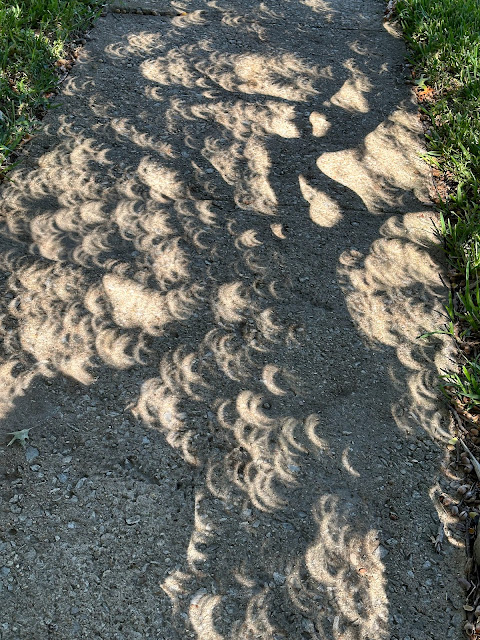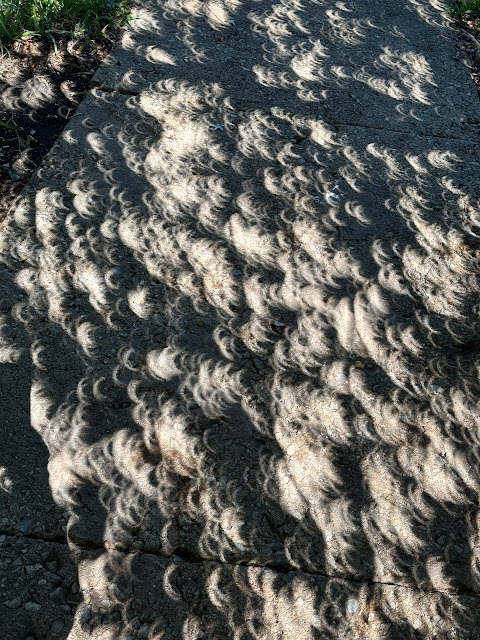Of David.
“The Lord is my light and my salvation—
whom shall I fear?
The Lord is the stronghold of my life—
of whom shall I be afraid?
When the wicked advance against me
to devour me,
it is my enemies and my foes
who will stumble and fall.
Though an army besiege me,
my heart will not fear;
though war break out against me,
even then I will be confident.
Psalm 27:1-3 NIV
In Psalm 27, God through David has given us a prayer-song for when we are afraid of the dark—whatever kind of dark, whether literal darkness or emotional and spiritual darkness. In this Psalm, David seeks shelter in God’s personal presence with confidence borne out of His past rescues. In the first post, we considered the themes and structure of the Psalm as a whole. In this post, we’re dwelling on the first section of three verses.
In this first section (27:1-3), David describes his experience of God’s saving defense. The Psalm begins with a pair of parallel couplets: David says something true of God, then asks a rhetorical question brimming with confidence. And he does this twice.
He has known the Lord as his light, his salvation, his stronghold, and his defense.
Light at night gives us guidance and security. City girls like me are rather insulated against real darkness, apart from a blackout during a storm, but we might think of a flashlight when there is no power or a nightlight in a dark bedroom for comfort and vision. Or perhaps we think of the comforting familiarity of the lights given by God to mark the days and seasons, the constellations and moonlight that guided and kept David company during the long nights with his flocks.
Without light at night, we so easily lose our way. In college, I had to drive down a dark, two-lane country road to go to an evening Bible study. Looking for an unlit gate and driveway in the absence of streetlights or even house lights visible from the highway always gave me anxiety. The void of a dark world beyond the small puddle of light from my headlamps felt ominous and insecure. I wanted brighter, better light to lead me to my destination. Continuing the theme, we might think of the pillar of God’s glory-fire which led and also guarded the Israelites during their wilderness wanderings for 40 years:
“The Lord went ahead of them in a pillar of cloud to lead them on their way during the day and in a pillar of fire to give them light at night, so that they could travel day or night. The pillar of cloud by day and the pillar of fire by night never left its place in front of the people.”
Exodus 13:21-22 CSB
That light showed God’s people God’s way and provided a visible reminder of the security of God’s presence. God also displayed His presence in a bright shekinah glory cloud descending on Solomon’s temple at its dedication:
“When the priests came out of the holy place, the cloud filled the Lord’s temple, and because of the cloud, the priests were not able to continue ministering, for the glory of the Lord filled the temple.”
1 Kings 8:10-11 CSB
In these two examples, the presence of God manifests as light, glorious light. In the new Jerusalem to come, the apostle John foresaw:
“The city does not need the sun or the moon to shine on it, because the glory of God illuminates it, and its lamp is the Lamb. The nations will walk by its light, and the kings of the earth will bring their glory into it. Its gates will never close by day because it will never be night there.”
Revelation 21:23-25 CSB
The Lord is not only David’s light: He is also his salvation. Salvation, in its simplest sense, means rescue. In Hebrew, it could also be translated “room to breathe” (Thomas Nelson Study Bible, note on Psalm 3:8). “Light” and “salvation” in combination convey the single concept of “saving light.” The most intense darkness I remember was the darkness outside our tent on a camping trip early in our marriage. My mini Maglite flashlight could not budge the weighed blanket of darkness pressing in on me. Darkness like that feels alive and threatening, even predatory. Every noise is freighted with awful possibility and unseen dangers. In that darkness, a trusted person bearing a stronger light would have felt like rescue and security. (The related names Joshua and Jesus mean “Yahweh saves,” or in the simplest sense, “Savior.”) It is possible that the salvation in this verse has a near-term meaning of God’s miraculous rescue from human enemies and physical danger, of which David knew plenty; at the same time, it is possible that the shadow of the cross marks this verse with the spiritual sense of rescue from sin and death in the person of the Savior, Jesus Christ. In any case, David celebrates God as his Rescuer, even though in the moment he is surrounded by enemies who want to eat him alive (verse 2).
The word “stronghold” or “refuge” conveys the image of a fortress or castle. Tolkien fans may think of Helm’s Deep; or in a more modern image, one might imagine a nuclear bunker deep beneath the earth or a panic room. This fortress is such a sure and well-defended one that the wicked advancing against David will themselves be defeated. David has confidence because God is his impenetrable fortress, a castle no enemy can breach without His permission.
Where does this confidence come from? Surrounded by enemies, threatened by the wicked, war declared against him, even so David is confident in victory. David can take courage despite overwhelming foes and difficulties because, as strong and powerful as they are, his God is even mightier.
This confidence does not imply that trusting God means health, wealth, and prosperity. Nor does it guarantee every battle will go our way or no hurt come to us. It does, however, mean that for the child of God, all things weave together for our good and God’s glory. It means God is with us and for us in all things. It means that, when the last page of our life is written, all shall be well and all shall be well and all manner of thing shall be well (Julian of Norwich).
As a whole, David testifies that God is his light in the darkness, his comforting Guide, his Rescuer, his secure fortress, his unconquerable defense. This first section of Psalm 27 starts and ends with David’s declaration of trust: even if an entire army has him surrounded and declares war, his heart will not fear but will instead be confident. So strong is his experience of God’s protection.
An echo of David’s confidence sounds a millennium later at the end of Romans 8:
“What, then, are we to say about these things? If God is for us, who is against us? He did not even spare his own Son but gave him up for us all. How will he not also with him grant us everything? Who can bring an accusation against God’s elect? God is the one who justifies. Who is the one who condemns? Christ Jesus is the one who died, but even more, has been raised; he also is at the right hand of God and intercedes for us. Who can separate us from the love of Christ? Can affliction or distress or persecution or famine or nakedness or danger or sword? As it is written: Because of you we are being put to death all day long; we are counted as sheep to be slaughtered. No, in all these things we are more than conquerors through him who loved us.”
Romans 8:31-37 CSB
What about you? Can you remember a time in your life when the Lord showed Himself to be your light and your salvation? Have you experienced God’s rescue from enemies who were too strong for you? If so, spend some time remembering and perhaps journaling God’s work in your past as a way to encourage trust in Him now. If not, I encourage you to borrow courage from the experiences of people in the Bible and Christian history: people like Joseph and Joshua, David and Elijah, Daniel and Peter and Paul; people like Corrie ten Boom, Darlene Deibler Rose, John Newton, John Bunyan, Jane Grey, Ridley and Latimer, and Charles Spurgeon.
Are you overwhelmed and outnumbered by enemies and battles today? Are you besieged by trials and squeezed by difficulties? Does it feel like human helpers have failed and comforts fled, leaving you alone and scared in the dark? If so, my heart is with yours. Your troubles do not mean God’s absence. He will never leave or abandon you. The battles you’ve lost and sins you’ve committed do not mean you have lost the war or forfeited God’s love. In the darkness, I encourage you to dwell on the greatness and power of God more than you contemplate the strength of your enemies and the size of your challenges. In the darkness, the stars seem brighter. Look for the light in the darkness; ask for His light. Look for the promises of God. Look at His faithfulness over the millennia of human history. Hope against hope that He will be for you what He has been for others.
The God who has rescued, led, defended, and comforted in the dark nights and desperate battles of others still does so today. We can trust Him with our souls’ three o’clocks.
Lord, in our darkness shine Your light.
In our tribulations, be our Rescuer.
When we are under attack from enemies without and fears within, be our strong refuge, our safe place.
All our hope and confidence are in You. We believe; help our unbelief, in Jesus’ name. Amen.









